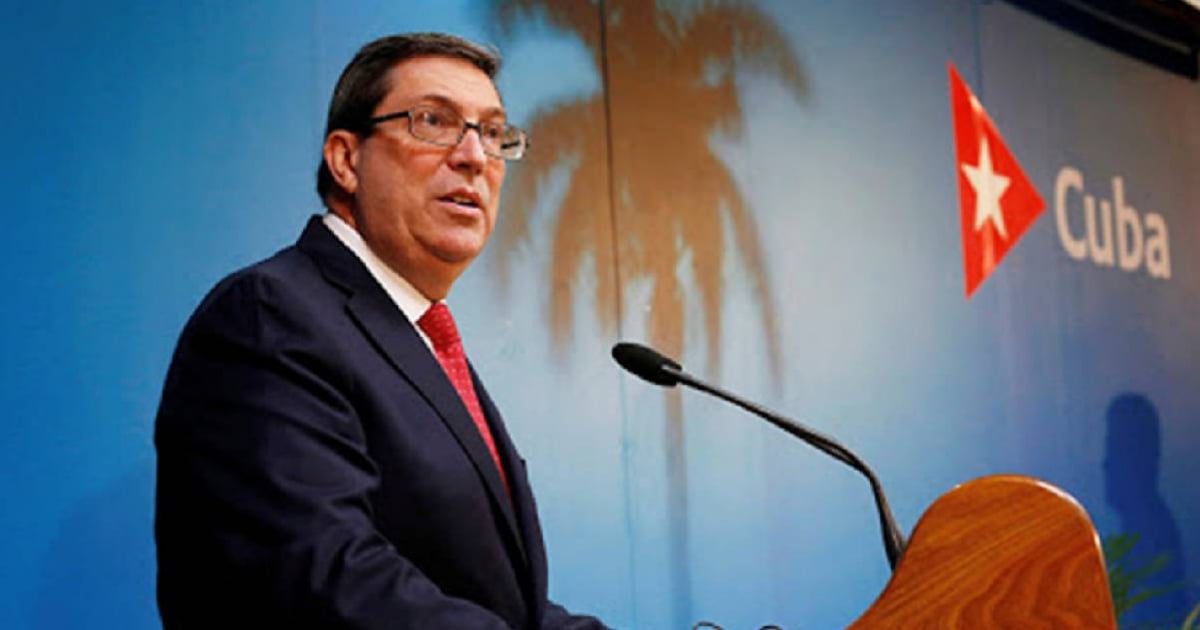The Cuban government has once again pointed fingers at the United States for the massive exodus occurring on the island, asserting that the U.S. has been "luring and protecting" Cuban migrants for political purposes since 1959. Recently, Cuba's Foreign Minister, Bruno Rodríguez Parrilla, criticized U.S. Secretary of State Marco Rubio, accusing him of distorting history in both his personal narrative and his critiques of Cuba.
"The U.S. has lured and sheltered Cuban migrants for political ends. It's opportunistic to now act as if they can be dismissed," Rodríguez Parrilla expressed on his Facebook page. In a similar vein, the day before, Johana Tablada, the deputy director of the U.S. General Directorate at Cuba's Ministry of Foreign Affairs, also lashed out at Washington. She claimed that sanctions led by figures like Donald Trump, Marco Rubio, and Mike Pompeo have worsened Cuba's economic plight, thereby exacerbating migration issues.
Tablada argued that during the Barack Obama administration, when some restrictions were lifted and Cuba was removed from the list of state sponsors of terrorism, emigration decreased. Nonetheless, the re-listing in 2021 and the toughening of sanctions under Trump sparked an unprecedented rise in Cuban departures.
Despite these claims, experts emphasize that the primary drivers of Cuban emigration are rooted in severe internal crises. Unchecked inflation, shortages of essential goods, frequent blackouts, inadequate wages, and increased repression following the July 11, 2021 protests are the real forces propelling Cubans to leave the island.
Since 2022, over 850,000 Cubans have emigrated, accounting for 18% of the country's population. Many undertake perilous journeys through Nicaragua and Central America, paying between $8,000 and $10,000, risking their lives or facing detention in other countries.
Understanding the Cuban Migration Crisis
What are the primary causes of Cuban emigration?
The main reasons include severe economic crisis, rampant inflation, scarcity of basic goods, frequent power outages, low wages, and intensified government repression since the protests in July 2021.
How has the U.S. allegedly influenced Cuban migration?
Cuban officials claim the U.S. has historically attracted and protected Cuban migrants for political reasons, particularly through its policies and sanctions that have worsened economic conditions in Cuba.
How did U.S. policy changes under Trump impact Cuban migration?
The re-imposition of Cuba on the list of state sponsors of terrorism and the tightening of sanctions under Trump's administration led to a significant increase in Cuban emigration.
